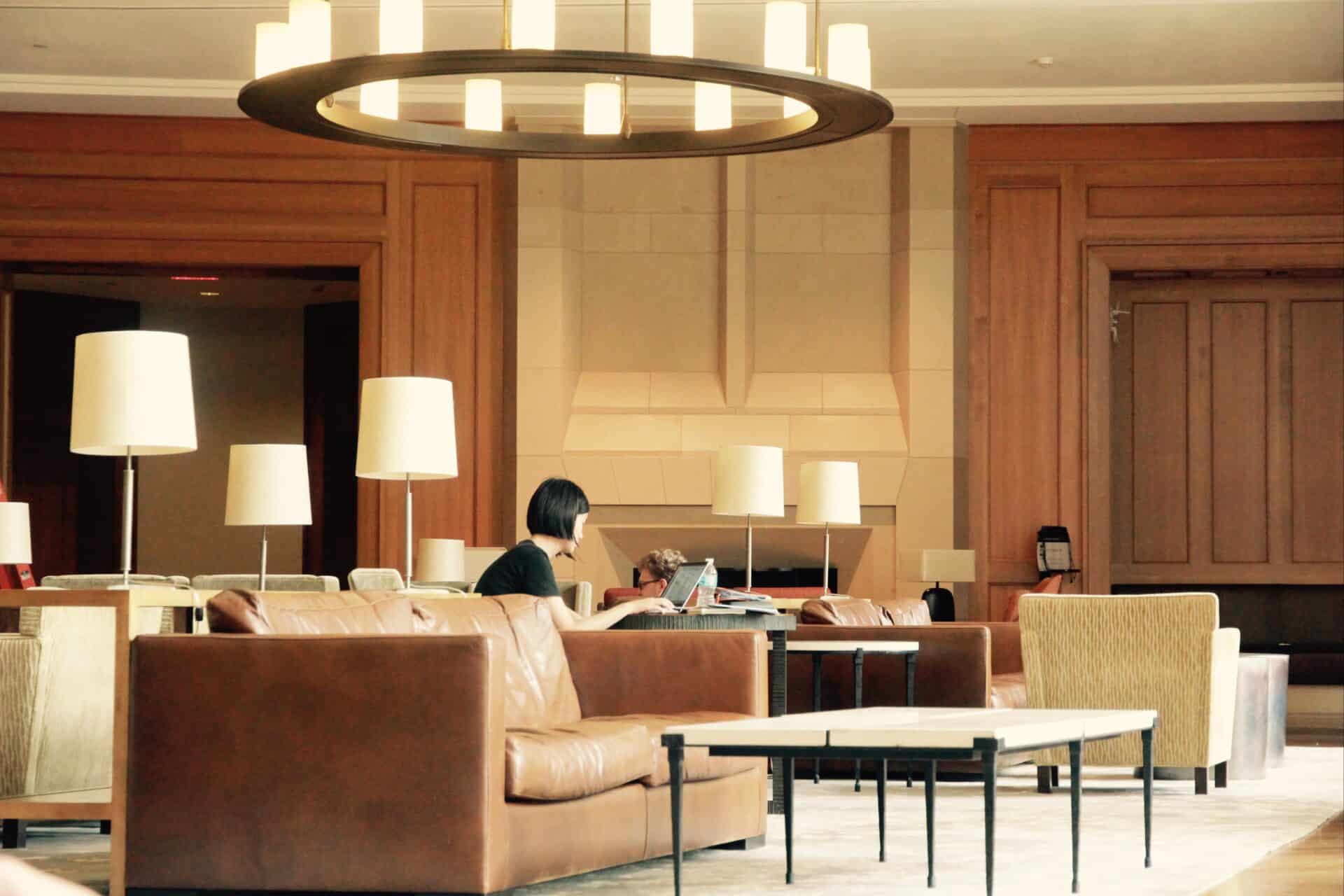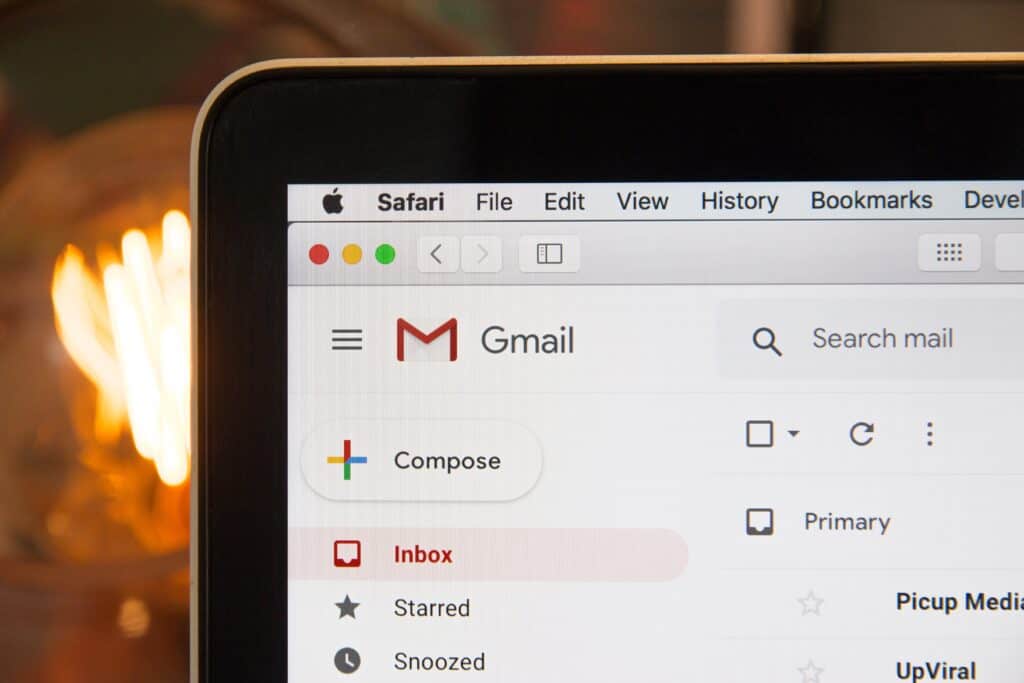Cybersecurity is a huge concern for the hotel industry.
Hotels not only collect visitor information — including credit cards, names and addresses through reservation systems — but also often contain several other types of businesses. For example, hotels that include spa services, restaurants and gift shops run a greater risk for data breaches because all these areas may collect unique information and perform individual transactions.
Hotels are also vulnerable because many connect to smart technology that automates assets like lights, temperature controls, minibar monitors, keyless check-in/check-out systems, and mobile food and drink orders. While travelers consider this capability extremely convenient, it places a target on the industry’s back for hackers.
[Related: Phishing vs. Spoofing Attacks: Similarities, Differences and How to Prevent Them]
The hotel industry constantly runs the risk of falling victim to phishing attacks, data breaches, ransomware, customer or staff identity theft and other costly cybersecurity incidents.
Cybersecurity Checklist for the Hotel Industry
If you run a business like this, here is a hotel cybersecurity checklist for the industry to protect your business from cyber threats.
Understand Your Systems and How They Connect
One way to be safe is to be educated. Understanding all the point-of-sale systems, connected devices and reservation systems and how they work with other systems is important.
Staff definitely should be aware of what data they’re collecting. They should also know the status of certain devices, systems or software:
- Any vulnerabilities they might have
- When they need updates
- When they need to be replaced altogether.
Vet Your Vendors and Service Providers
Many hotels prefer to outsource some services. Your hotel might use booking websites, offsite accounting or planned maintenance systems. These create several potential entry points outside your core staff and network, which opens opportunities for hackers to access and exploit confidential information.
As a hotel owner, you should thoroughly vet whichever third-party providers you employ. In addition, you should give them access only to the limited information they need to do their jobs. If any vendors will process guest information, make sure they sign confidentiality or data processing agreements.
[Related: The Importance of Mobile Device Management in the Hospitality Industry]
Update and Fix Systems Regularly
One of the most common reasons hotels suffer security breaches is because of ignored software updates. Because hackers’ methods evolve every day, new security patches are constantly available. Failing to update or fix your hotel’s software systems can result in devastating information security breaches.
Manage and Minimize User Access
A hotel restaurant chef, a custodial worker, an IT specialist and a front-desk receptionist don’t all need access to the same data. Effective management and minimization of user access are critical aspects of hotel cybersecurity. By implementing robust access controls, you can prevent confidential information from falling into the wrong hands.
Properly Train All Staff 
It doesn’t take much to turn your employees from dependable staff to potential security vulnerabilities.
A critical aspect of this hotel cybersecurity checklist is to properly train all staff to deal in best security practices. Any staff dealing with computer databases should undergo regular cybersecurity training relevant to their duties, and you should also train all staff on how to identify phishing scams.
Hire designated systems officers and IT specialists, encourage regular audits and report any suspicious user behavior whenever possible.
Additionally, help new employees by creating cybersecurity-related materials that provide guidelines and regulations. If employees (new or veteran) have questions, make sure they know who to go to for answers.
[Related: Don’t Ignore Software Patches and Security Updates]
Manage Separate Wi-Fi Networks for Your Visitors and Your Business
Free Wi-Fi for hotel guests is a definite plus (and practically expected at this point), but it can lead to easy access for hackers to breach confidential networks. Make sure you have separate Wi-Fi networks: one for guests and one for hotel operations.
Once you’ve adopted these and other cybersecurity practices, you can feel more confident in your hotel’s data management. And in turn, you’ll lead a more successful business.
Partner With a Managed IT Company Like CMIT Solutions
Running a fast-paced business like a hotel and keeping up with the constant evolution of cyber threats can be overwhelming — that’s why experts like CMIT Solutions of Bellevue are here to partner with you and keep you updated with your hotel cybersecurity checklist.
We have experience with a wide variety of industries, including the hospitality sector. When you work with us, we’ll provide 24/7 protection and monitoring to keep your business’s and your guests’ data safe.
For more information, or to create your own cybersecurity checklist for the hotel industry, contact CMIT Solutions today.
Featured image via Unsplash






